Abstract
This multi-country study explores how cultural values shape vocational rehabilitation practices across China, India, and South Korea. Researchers are developing frameworks that align career counseling with local traditions and family systems, ensuring greater accessibility and effectiveness for individuals with disabilities entering the workforce.

Pellentesque in ipsum id orci porta dapibus.
What you need to know
This project examines how cultural traditions, values, and social structures influence the design and delivery of vocational rehabilitation services across diverse Asian societies. In many Asian contexts, concepts of family, community, and interdependence play a central role in career decision-making and workforce participation. Recognizing these dynamics, the research team is developing vocational rehabilitation models that integrate cultural perspectives into counseling methods, assessment tools, and employment supports.
Key goals of the study include:
-
Identifying barriers and strengths within existing vocational rehabilitation systems.
-
Creating culturally grounded frameworks that enhance both accessibility and effectiveness.
-
Training counselors to apply culturally informed strategies in practice.
-
Promoting equity in workforce participation for individuals with disabilities across urban and rural communities.
By combining cross-cultural research with practical application, this initiative aims to strengthen vocational rehabilitation outcomes, ensuring that services are not only effective but also respectful and inclusive of the cultural contexts in which they are delivered.




